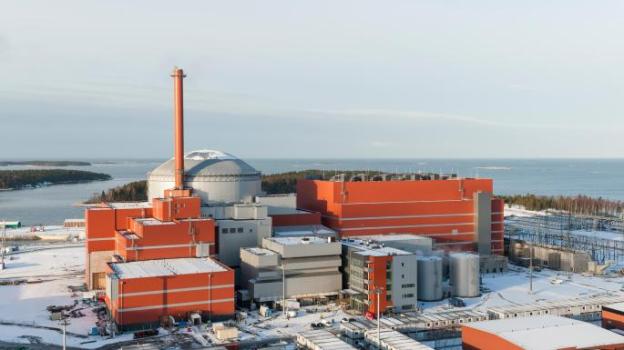Finland’s Radiation and Nuclear Safety Authority (Stuk) yesterday informed the government it sees no reason why an operating licence for the first-of-a-kind nuclear plant EPR at Olkiluoto 3 should not be granted to utility Teollisuuden Voima Oyj (TVO).]…The Areva-Siemens consortium began construction of Olkiluoto 3 – the first-of-a-kind EPR – in 2005 under a turnkey contract signed with TVO in late 2003. Completion of the reactor was originally scheduled for 2009, but the project has suffered various delays and setbacks. Under the latest schedule, fuel will now be loaded into the reactor core in June 2019, with grid connection to take place in October 2019, and the start of regular electricity generation scheduled for January 2020.
In December 2018, unit 1 of the Taishan plant in China’s Guangdong province became the first EPR to enter commercial operation. Taishan 2 is scheduled to begin commercial operation in 2019. The loading of fuel into the core of the Flamanville EPR in France is expected towards the end of this year. Two EPR units are also under construction at the Hinkley Point C project in Somerset, UK.
Excerpts from Regulator concludes Finnish EPR can operate safely, Nuclear News, Feb. 2019



